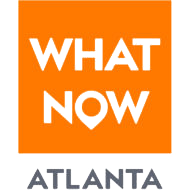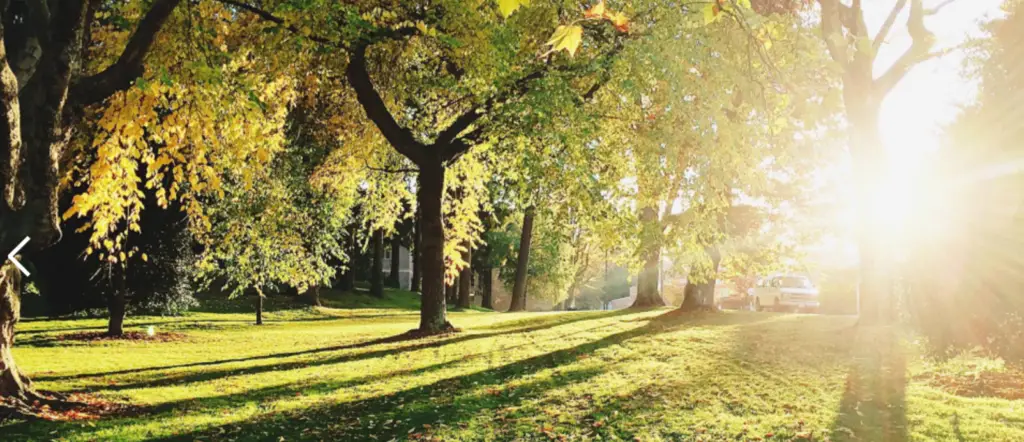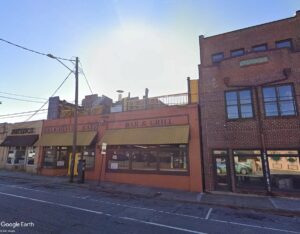Over the past couple of years, Atlanta City Planners have held numerous focus groups and community meetings; listened to experts and stakeholders, and received hundreds of emails, letters, and phone calls as part of Atlanta City Design: Nature (previously the Urban Ecology Framework), which led to the creation of a new Tree Protection Ordinance introduced earlier this year.
Sign up now to get our Daily Breaking News Alerts
During a special December 20, 2021, the Atlanta City Council meeting, the tree ordinance legislation was filed or put on permanent hold. Therefore, unless vetoed by the Mayor of Atlanta, enacting the new ordinance regulating the removal and replacement of trees on public and private property is nearly impossible.
According to the Georgia Forestry Commission, a tree ordinance defines the management and care required for publicly and privately owned trees. Ordinance protection for trees is typically adopted when a community or citizens perceive a need to protect trees from development.
According to the City’s website, the work completed on drafting the doomed ordinance was guided by the Atlanta City Design, which outlines five critical values for the City of Atlanta, including equity, access, ambition, progress, and nature.
Factsheets produced by the City identify several benefits that an urban forest canopy can offer Atlanta, including:
- Trees improve physical and mental health and create settings that help strengthen social connections.
- They help clean air and water, sequester carbon, cool urban heat islands
- They create habitats for wildlife and insects and provide a host of other critical environmental services.
City planners’ goal was to have a new tree ordinance that maintained and enhanced the above benefits for everyone, prioritize the protection of the tree canopy, and promote better design in new development projects.
Additionally, the need for precise regulation and effective implementation guided the Tree Protection Ordinance during the drafting process. Therefore, a deliberate effort was made to propose an ordinance that laid out standards and procedures that can be uniformly and consistently enforced while not in conflict with other existing regulations, whether at the city, state, or federal level.
If there is veto action taken by the Mayor of Atlanta, the ordinances would need to be considered by the Atlanta City Council during their next regular meeting in January.





